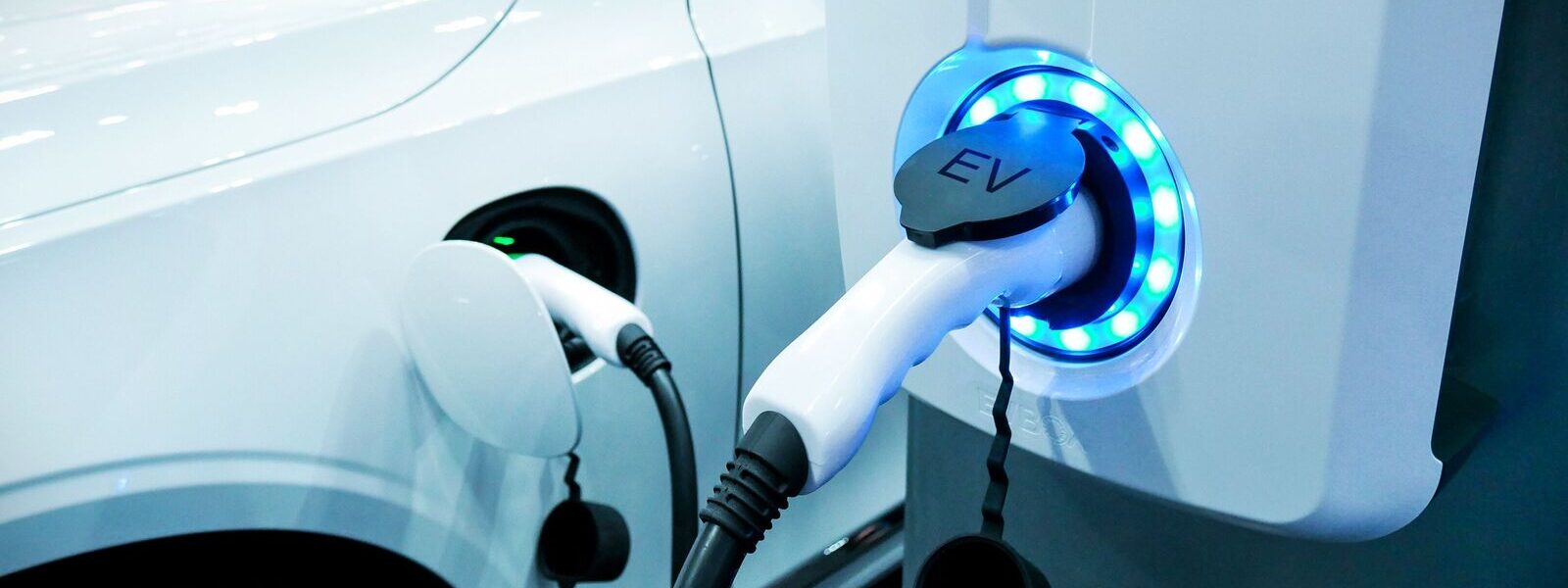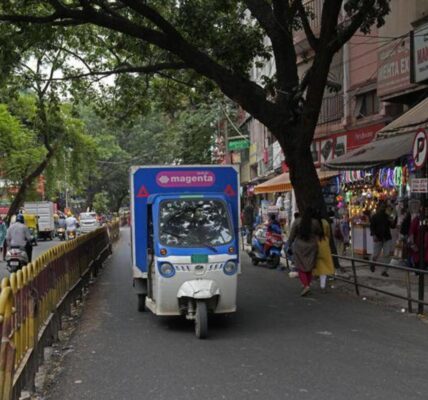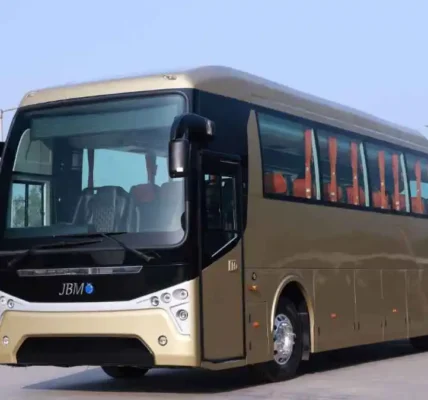Australian financial services firm Macquarie is looking to enter the credit space in India by launching a non-banking financial company (NBFC) as part of an electric vehicle (EV) platform it is planning to set up in the country.
The NBFC will help commercial fleet operators avail credit and address a major gap in India’s EV ambitions, two people aware of the matter said.
Macquarie will soon apply for a licence with the Reserve Bank of India (RBI), the two people said. “Informal discussions with the regulator have taken place and the firm is likely to file officially in the last quarter of the current financial year,” one of the two people said.
For now, the firm has put aside a $400 million investment in its end-to-end EV platform, which will offer everything from fleet leasing to electrification (battery services) and heavy transportation, the second person cited above said. Over the next seven to eight years, the firm is eyeing a $1.2-2 billion book for the NBFC.
Macquarie, which had total assets of more than $250 billion as of 31 March, has been investing in India through its balance sheet and its Asia fund. It has also raised India-specific funds in the past, investing in as roads, digital and power in the country.
Mint reported in February 2023 that Macquarie Asset Management has appointed Bank of America to sell around 450MW of solar power projects for an equity value of around $250 million. The firm is headed by Abhishek Poddar in India, who looks after its investments and other businesses in the country.
According to the second person cited above, the firm has hired Sandeep Gambhir, former chief executive officer of Orix India, to head the new NBFC and is now building a team under him. Gambhir, a consumer finance veteran, has spent a decade as managing director and chief executive of Orix India.
The company offers a wide range of services including operating lease of passenger cars and transportation services such as car rentals, business transportation solutions, etc. It also offers financial solutions in finance lease, commercial vehicle loans, and loans against property through its credit business.
The Indian government has set a target of electrifying around 30% of the country’s vehicle fleet by 2030. According to a Bain & Co. report last year, among commercial vehicles, adoption rates for light trucks and buses are expected to be 20-25% and 15-20%, respectively, reaching approximately 930,000 units and 175,000 units by 2030.
The opportunity in the segment is huge, the first person cited above said. According to a November report by India Brand Equity Foundation (IBEF), many electric buses are acquired by state governments or state road transportation corporations.
So far, demand for electric buses has been low in India. But over the next few years, the market is anticipated to pick up steam and achieve a 16% penetration rate by 2027. In order to electrify public transportation in the country, the government is pushing to deploy up to electric 50,000 buses over the course of the next four to five years, the IBEF report said.







